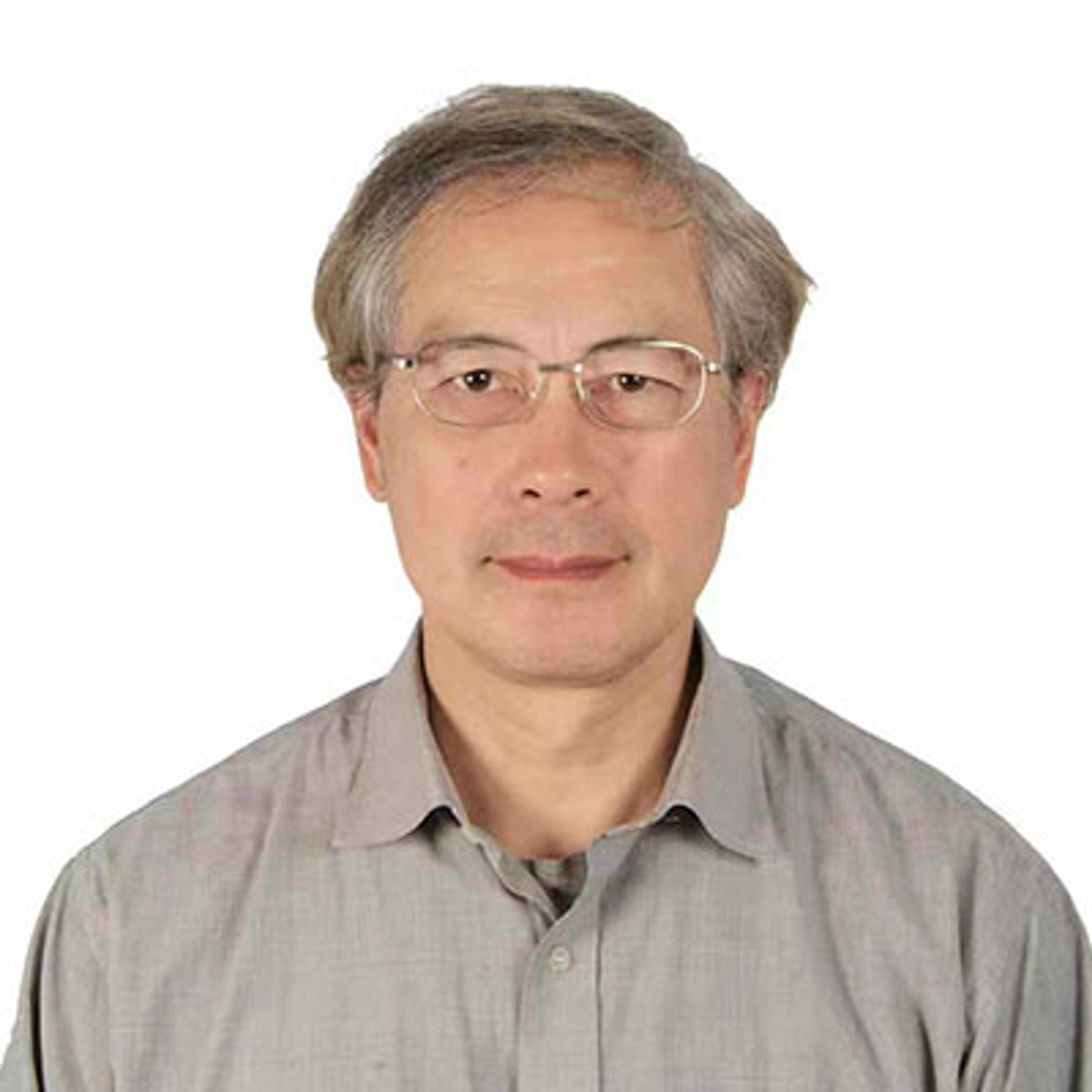Huaihong He

He Huaihong is a professor in the Philosophy Department of Peking University, where his research focuses on ethics, political philosophy, and Chinese social history. In the 1980s, he mainly studied western philosophy and ethics and engaged in translation, producing ten major translated works including John Rawls’ A Theory of Justice (co-translation) and Robert Nozick’s Anarchy, State and Utopia. Since the 1990s, He has been especially interested in writing on ethical principles and Chinese history, authoring A Theory of Conscience (良心论) and Social Ethics in Transitional China (转型中国的社会伦理, in English), as well as penning Hereditary Society (世袭社会) and Selection Society (选举社会) from the perspective of traditional justice in an attempt to decipher Chinese social history. In addition, He attaches great importance to the relationship between religious belief and modern society and is also the author of Morality, God and Man (道德·上帝与人). In recent years, He has been particularly interested in ethics in the hi-tech era, civilization and desire, and war and peace, and intends to continue researching these issues at Peking University’s Berggruen Research Center.